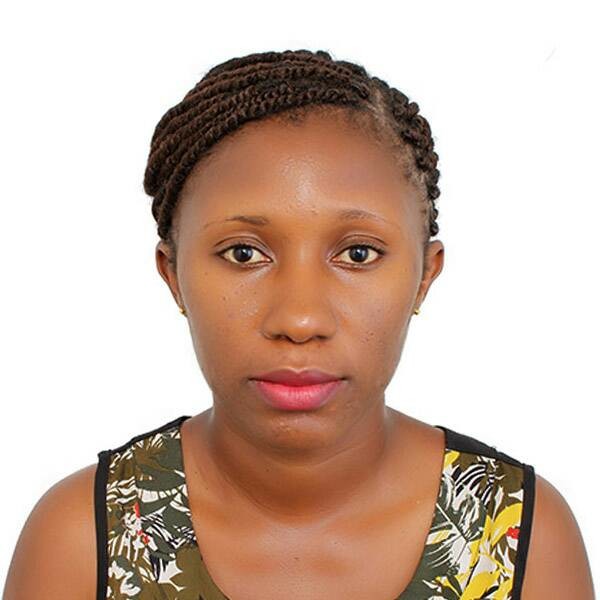By Evelyn Amoako
Human Immunodeficiency Virus (HIV) infection and Acquired Immune Deficiency Syndrome (AIDS) have been conditions of significant public health interest since 1986 when HIV was first reported in Ghana. Statistics from Joint United Nations Programme on HIV/ AIDS indicate that a total of 270,000 people were living with HIV in Ghana in 2015. Out of this number, 14,000 were adolescents between the ages of ten to nineteen years. In spite of the remarkable progress made in addressing HIV in the country, a lot more needs to be done to protect adolescents and young people from infection, sickness and death.
Young people infected with HIV, face the precarious situation living with it for the rest of their lives. Some of these children may have lost one parent or both due to HIV. They face the ardent task of taking daily medications, managing their sexual and reproductive health as they approach adulthood whilst enjoying their adolescence and having fruitful relationships with the opposite sex. Nevertheless, many of these children are not empowered enough to know their rights and responsibilities, make informed choices and improve their quality of life. While attending a workshop on paediatric HIV interventions during the week, I realized how this vulnerable group have significantly been left out and underserved in the country.
Some young people become newly infected with HIV during their early teens mainly from unprotected sexual intercourse with their infected partners. In 2015, there were 2,197 new infections among children in Ghana. For many others, they became infected from their HIV-positive mothers during pregnancy, childbirth or through breastfeeding. These mothers may not have utilized the “Elimination-of-Mother-to-Child-Transmission” (EMTCT) programme which is available in health facilities across the country. In this programme, anti-retroviral treatment is provided for pregnant women infected with HIV to stop their babies from acquiring the virus. This programme has been largely successful at preventing the transmission of the virus from HIV-positive mothers to their babies for mothers who adhere to treatment. In the late 1990s and early 2000s, this programme was unavailable, and some babies may have gotten infected from their mothers. Many of those who survived are in their late teens now.
Majority of children infected with HIV from their mothers discover their status in their early teens, sometimes inadvertently. This is because many guardians do not have the courage to tell their children about their status sometimes due to self-stigma. Some parents are also apprehensive about the psychological effects such information would have on their children. A fourteen-year-old HIV-positive adolescent who had been taking daily medications was told by her parents that she was taking medicines for asthma. When she found out that it was for HIV, she was devastated, became rebellious and refused to take the medicines for a while. She had to undergo a series of psychosocial interventions before restarting her medication. For many young people such as this one, they must navigate the challenges of adolescence whilst learning for the first time that they must live with a highly stigmatized disease life-long.
Adolescents living with HIV encounter unthinkable physical and emotional challenges and these account for their inability of to comply with their treatment regimen as prescribed. Without adhering to the anti-retroviral treatment, the medicines are unable to work effectively in the body as they should. This puts the life of the individual at risk as HIV can quickly destroy the immune system while resistance to their medicines can also develop if medications are not taken consistently and correctly. Some children in my interactions feel lonely and stop taking the medicines after the shock of realising their HIV-positive status because they have a gloomy outlook about their future while others become depressed. HIV positive children in boarding schools face the dilemma of taking their medicines daily whilst preventing their colleagues from knowing about their status; risking the possibility of rejection by their friends and colleagues. Others also feel demoralized at the prospect of taking medicines daily. However, adherence to their medicines is critical to their long-term survival and the prevention of other opportunistic infections.
Support groups and programs for adults living with HIV are available in the country. In these groups, they engage and encourage each other besides being provided with the life skills needed to enable them to live with the disease by trained professionals. However, support specifically for adolescents and children living with HIV has largely been neglected. Where they are available, they may be mixed up with adults although their needs may be peculiar. Such support groups, where young people can share their hopes, dreams, aspirations and fears should be available and resourced country-wide for young people living with HIV
This will pull them away from the brink of hopelessness and helplessness as well as enable them to adhere to their medicines. Ghana is taking audacious steps to increase paediatric HIV service coverage across the country which is highly commendable. However, given that some of these children have lost one or both parents, psychosocial support is highly critical. Getting HIV-positive adolescents to adhere to their medicines and overcome the challenges they face in their daily lives to achieve their dream go beyond medical skills and financial support. Interventions towards addressing myths which continue to surround HIV in some Ghanaian communities should be sustained to reduce the stigma and discrimination. These children need care, assistance and encouragement.
Evelyn Amoako BSN,RGN,MPH
Head of Public Health
St. Dominic Hospital, Akwatia, Ghana.
Associate, JAF Foundation
Tel:+233 24 4846895 evelynkamoako@gmail.com










